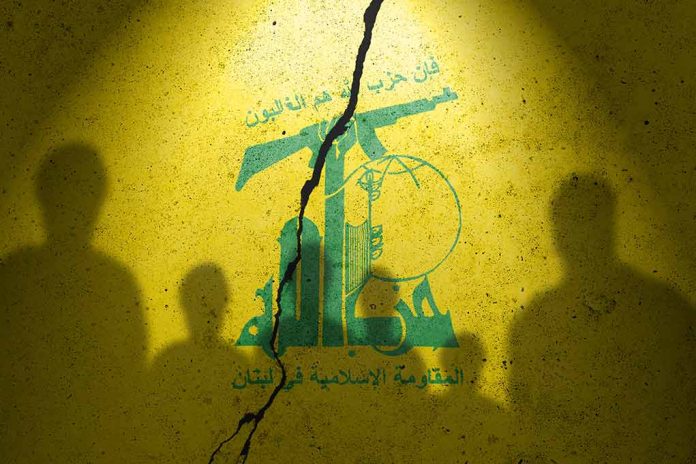
Hezbollah’s new leader, Naim Qassem, threatens to kill Israeli PM Netanyahu as tensions with Israel reach boiling point.
At a Glance
- Naim Qassem succeeds Hassan Nasrallah as Hezbollah’s leader following Nasrallah’s assassination by Israel
- Qassem issues direct threats against Israeli Prime Minister Benjamin Netanyahu
- Hezbollah launches over 150 rockets, cruise missiles, and drones at Israel in a week of hostilities
- Israel responds with airstrikes in Lebanon, killing at least 45 people, including a top Hezbollah commander
- Conflict escalation raises concerns among international leaders, including President Biden
Hezbollah’s New Leadership Takes Aggressive Stance
In a dramatic shift of power within the terrorist organization Hezbollah, Naim Qassem has assumed leadership following the assassination of Hassan Nasrallah by Israeli forces. Qassem wasted no time in ramping up hostilities, launching a barrage of threats against Israeli Prime Minister Benjamin Netanyahu and declaring a “new stage” of open warfare against Israel.
Qassem’s aggressive rhetoric has sent shockwaves through the region, with the new Hezbollah chief boldly claiming that Netanyahu might be killed. This escalation in language marks a dangerous new phase in the ongoing conflict between Israel and the Iran-backed terrorist group.
Lebanese armed group Hezbollah named Naim Qassem as its new leader on Tuesday, October 29 but Israel said his tenure would be “temporary,” an apparent threat after it killed his predecessor Hassan Nasrallah in Beirut over a month ago. #News5
READ: https://t.co/ubTOSRuIpa pic.twitter.com/SHUrmXwcSO
— News5 (@News5PH) October 30, 2024
Hezbollah’s Alarming Military Capabilities
The threat posed by Hezbollah under Qassem’s leadership cannot be underestimated. With an estimated force of 100,000 fighters and a stockpile of 500,000 rockets aimed at Israel, the terrorist organization represents a clear and present danger to Israeli security. The recent week of hostilities, which saw Hezbollah launch approximately 150 rockets, cruise missiles, and drones at Israel, underscores the group’s willingness to engage in large-scale attacks.
These actions have prompted a strong response from Israel, with Prime Minister Netanyahu vowing to take “whatever action is necessary” to neutralize the Hezbollah threat. The Israeli military has already conducted airstrikes in Lebanon, resulting in significant casualties, including the death of a top Hezbollah commander.
International Concerns and Diplomatic Efforts
The escalating conflict has drawn the attention of world leaders, with President Biden and EU foreign policy chief Josep Borrell expressing deep concern over the situation. The United Nations Secretary-General has issued urgent calls for a ceasefire and increased humanitarian aid, highlighting the growing international anxiety over the potential for a wider regional conflict.
Diplomatic efforts are underway, with U.S. officials Brett McGurk and Amos Hochstein engaging in talks to resolve conflicts in Lebanon and Gaza. However, the path to peace remains fraught with challenges, as both sides remain deeply entrenched in their positions.
Israel’s Response and Future Strategies
Israel is not standing idle in the face of these threats. The country plans to deploy a £413 million laser interceptor system, the Iron Beam, to counter aerial threats from Hezbollah and other hostile forces. This technological advancement demonstrates Israel’s commitment to protecting its citizens and maintaining its military edge in the region.
As tensions continue to rise, the situation remains highly volatile. With both sides seemingly prepared for prolonged conflict, the international community watches with bated breath, hoping for a diplomatic breakthrough that can prevent further bloodshed and stabilize this troubled region.
Sources:
Naim Qassem says Netanyahu is ‘frightened’
Israel says it has killed slain Hezbollah leader’s successors
What we know about Israel’s attack on Iran













